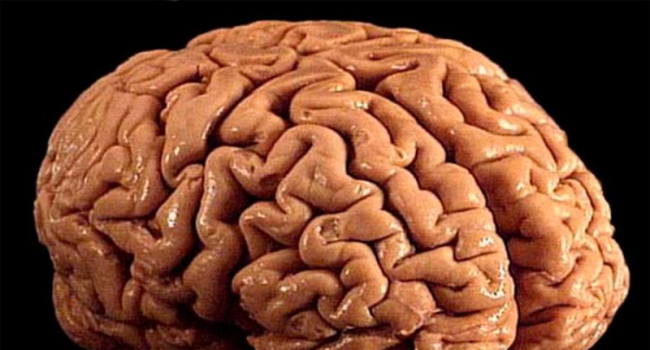Spanish researchers have created the world’s first biobank of living brain tissue collected from patients with metastatic brain cancer. The biobank provides a library of samples upon which research can be done and drugs tested, with the data collected made available to the international scientific community.
Research into brain cancers and testing drugs for the treatment of them usually involves the use of experimental models, including mice. It’s not until a major discovery is made that the search for patient samples begins, and then begins the process of confirming the discovery in humans.
Finding the necessary number of human samples can be time-consuming and usually requires researchers to liaise with other institutions and comply with legal and ethical requirements. But, researchers at the Spanish National Cancer Research Center (CNIO) have devised a solution: a repository of living samples from patients with brain metastases.
“Research contracts have been already signed to exploit patient-derived organotypic cultures (PDOCs) as avatars, thus providing the possibility to generate biomarkers of sensitivity or resistance to specific drugs,” said Manuel Valiente and Eva Ortega-Paíno, the study’s authors.
An organotypic culture system allows for the growth of complex biological tissues in a way that replicates part of their normal physiology and function. But ensuring the tissue stays ‘alive’ involves a sophisticated logistics chain. Once removed from the patient, it’s taken from the operating theater in a special container containing a culture medium, maintained at a temperature between 39.2 °F and 46.4 °F (4 °C and 8 °C). The tissue must reach the biobank in less than 24 hours. Once there, it’s processed and organotypic cultures are created, and they are divided into parts that are stored as samples for future investigations.
The study was published in the journal Trends in Cancer.


